Silver nanoparticles have gained significant attention in dentistry due to their antimicrobial properties.
In the field of biomaterials, silver nanoparticles are being used in various dental applications such as dental implants, restorative materials, and orthodontic devices.
These nanoparticles exhibit strong antibacterial effects against a wide range of oral pathogens, making them ideal for preventing infections and promoting oral health.
Silver nanoparticles can be incorporated into dental composites, cements, and coatings to inhibit bacterial growth and biofilm formation on dental surfaces.
Moreover, silver nanoparticles have shown potential in enhancing the mechanical properties and longevity of dental materials.
They can improve the wear resistance and strength of dental restorations, leading to more durable and reliable treatments for patients.
Overall, the application of silver nanoparticles in biomaterials for dentistry holds great promise for advancing dental treatments by providing effective antimicrobial protection, improving material performance, and ultimately enhancing patient outcomes.
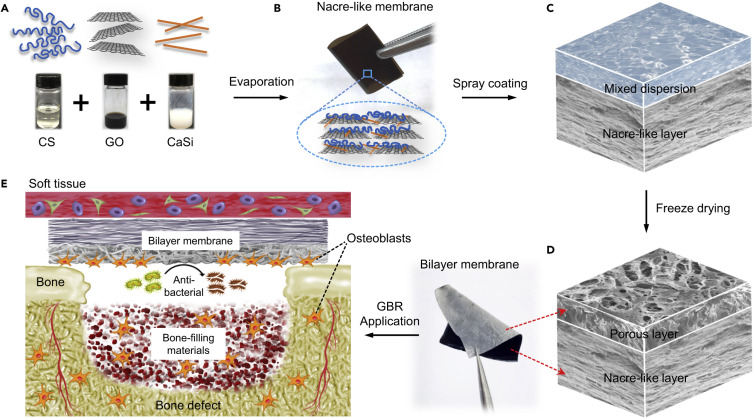
Silver Nanoparticles for Bone Regeneratin
This overview examines the role of silver nanoparticles in promoting bone regeneration in dental surgery procedures, such as bone grafts and dental implants.
the use of silver nanoparticles in biological dental materials can be effective.
Due to their strong antimicrobial properties, these nanoparticles are effective in reducing bacterial growth, preventing infections, and improving oral and dental health.
Some applications of these nanoparticles in biological dental materials include their use in dental fillings, dental implants, root canal treatments, and oral hygiene products.
Silver nanoparticles are also used in various industries as an antibacterial and antimicrobial agent.
They are utilized in surface coatings, production of hygiene and antibacterial materials, food industries, electronics, and coatings to control and prevent contamination and infections due to their powerful antimicrobial properties.
In addition to their use in biological dental materials, silver nanoparticles have various applications in different industries.
Some common applications include:
1. Antibacterial coatings on surfaces: Silver nanoparticles are used to create antibacterial coatings on various surfaces to prevent the growth of harmful bacteria and microbes.
2. Hygiene and disinfectant products: Silver nanoparticles are incorporated into hygiene and disinfectant products such as hand sanitizers, soaps, and cleaning agents to enhance their antimicrobial properties.
3. Food industries: Silver nanoparticles are used in food packaging materials to prolong shelf life by inhibiting bacterial growth and contamination.
4. Electronics: Silver nanoparticles are utilized in the electronics industry for their conductive properties in products such as sensors, displays, and printed circuit boards.
5. Coating applications: Silver nanoparticles are used in various coating applications for their antimicrobial properties, such as paints, textiles, and medical devices.
These diverse applications demonstrate the versatility and effectiveness of silver nanoparticles in different industries.
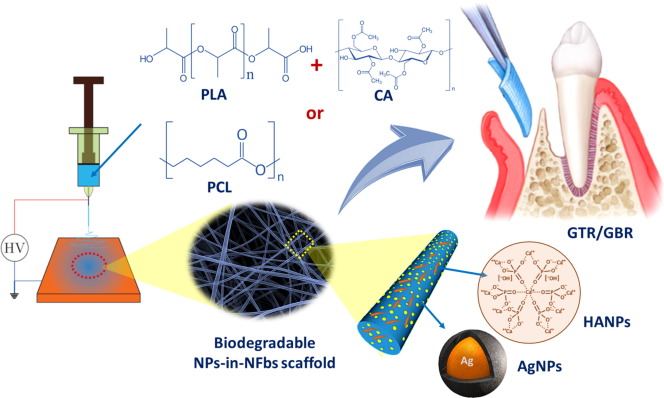
Biocompatibility of Silver Nanoparticles in Dentistry
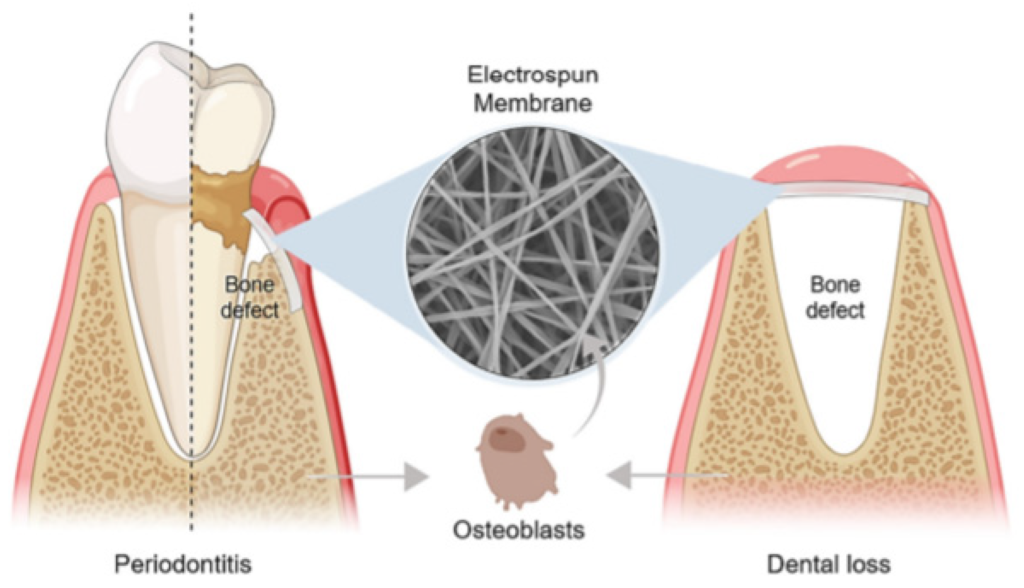
addresses the biocompatibility of silver nanoparticles in dentistry and their safety profile when used in various dental applications.
In the food industry, silver nanoparticles have several applications due to their antimicrobial properties. Some common uses of silver nanoparticles in the food industry include:
1. Food packaging: Silver nanoparticles are used in food packaging materials to inhibit the growth of bacteria and extend the shelf life of perishable food products.
2. Food storage containers: Silver nanoparticles are incorporated into food storage containers to prevent bacterial contamination and maintain food freshness.
3. Food processing equipment: Silver nanoparticles are applied to food processing equipment surfaces to prevent biofilm formation and bacterial growth, ensuring food safety.
4. Food contact surfaces: Silver nanoparticles are used in food contact surfaces such as countertops, cutting boards, and utensils to reduce microbial contamination and cross-contamination.
5. Water purification: Silver nanoparticles can be used in water filtration systems in the food industry to eliminate harmful bacteria and pathogens from water sources used in food processing.
These applications demonstrate how silver nanoparticles play a crucial role in enhancing food safety, extending shelf life, and maintaining hygiene standards in the food industry.
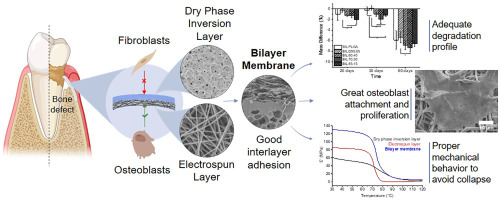
Silver Nanoparticles for Oral Hygiene Products
This overview discusses the potential application of silver nanoparticles in oral hygiene products, such as toothpaste and mouthwash, for their antimicrobial benefits.
Future Prospects of Silver Nanoparticles in Dentistry”: This title explores the future prospects and emerging trends of using silver nanoparticles in various dental biomaterials to improve treatment outcomes and patient care.
1. Application of Silver Nanoparticles in Dental Fillings: This overview explores the use of silver nanoparticles in dental fillings for their antimicrobial properties and potential to prevent bacterial growth and cavities.
2. Silver Nanoparticles in Dental Implants: This title discusses the application of silver nanoparticles in dental implants to reduce the risk of infections and improve the longevity of the implants.
3. Role of Silver Nanoparticles in Periodontal Treatments: This overview delves into how silver nanoparticles can be used in periodontal treatments to combat gum disease and promote oral health.
4. Antibacterial Properties of Silver Nanoparticles in Dental Materials: This title highlights the antibacterial properties of silver nanoparticles when incorporated into dental materials, such as composites and cements.
5. Silver Nanoparticles in Endodontic Therapy: This overview focuses on the use of silver nanoparticles in endodontic therapy to disinfect root canals and eliminate bacteria effectively.
6. Enhancing Dental Prosthetics with Silver Nanoparticles: This title explores how silver nanoparticles can enhance the properties of dental prosthetics, such as crowns and bridges, by reducing microbial colonization.

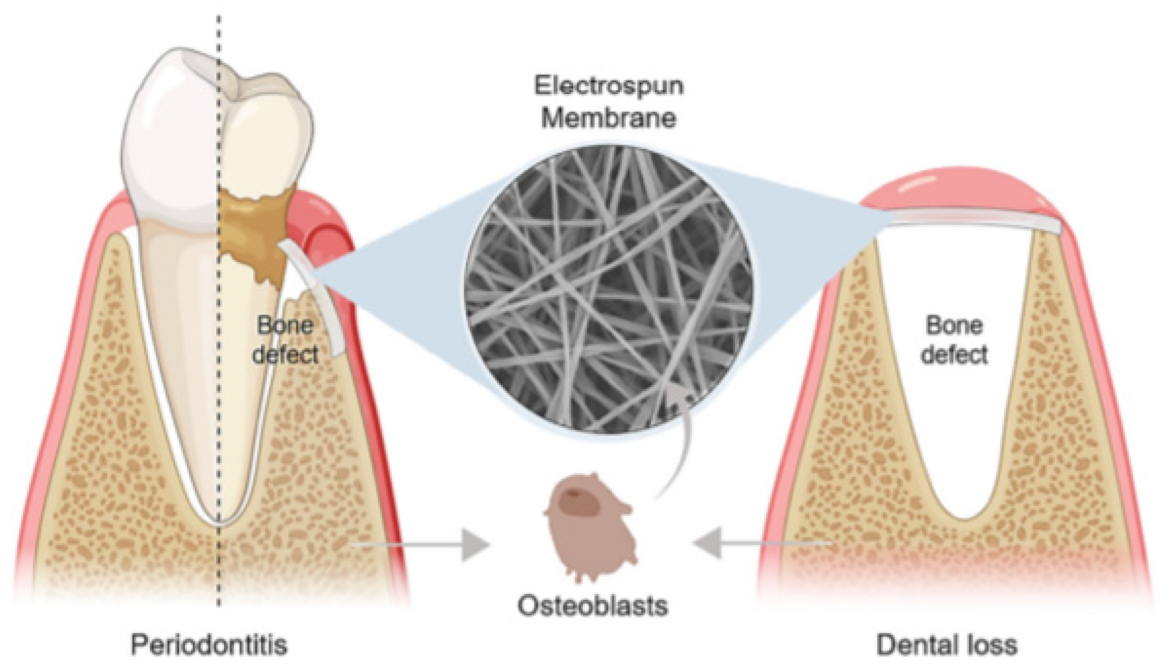
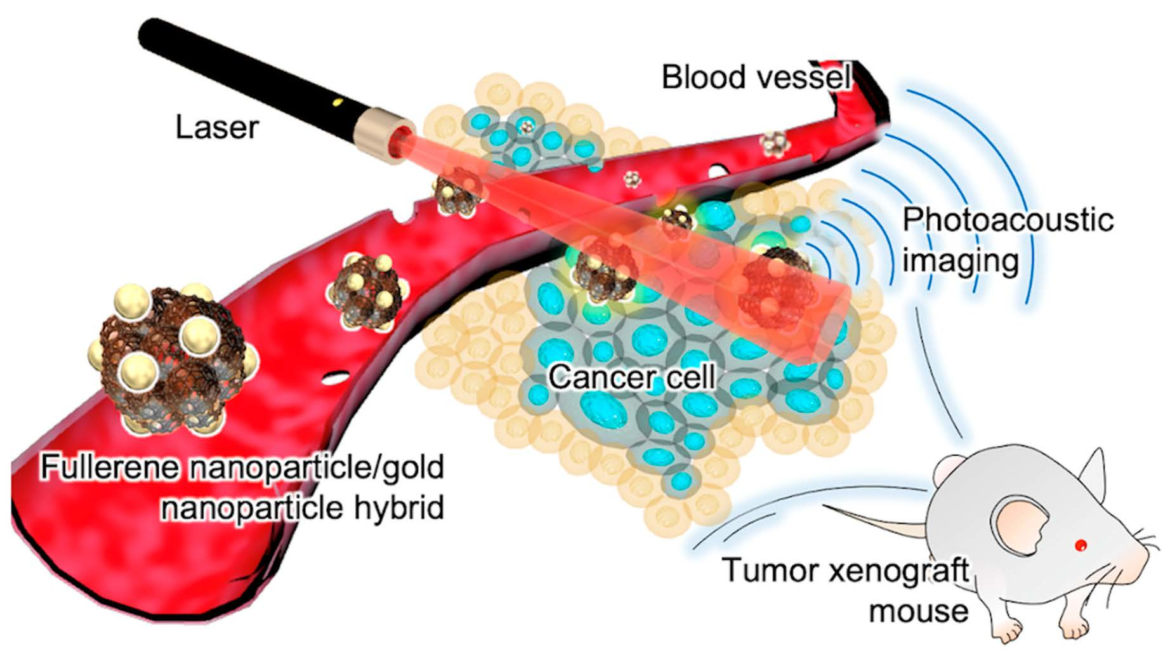
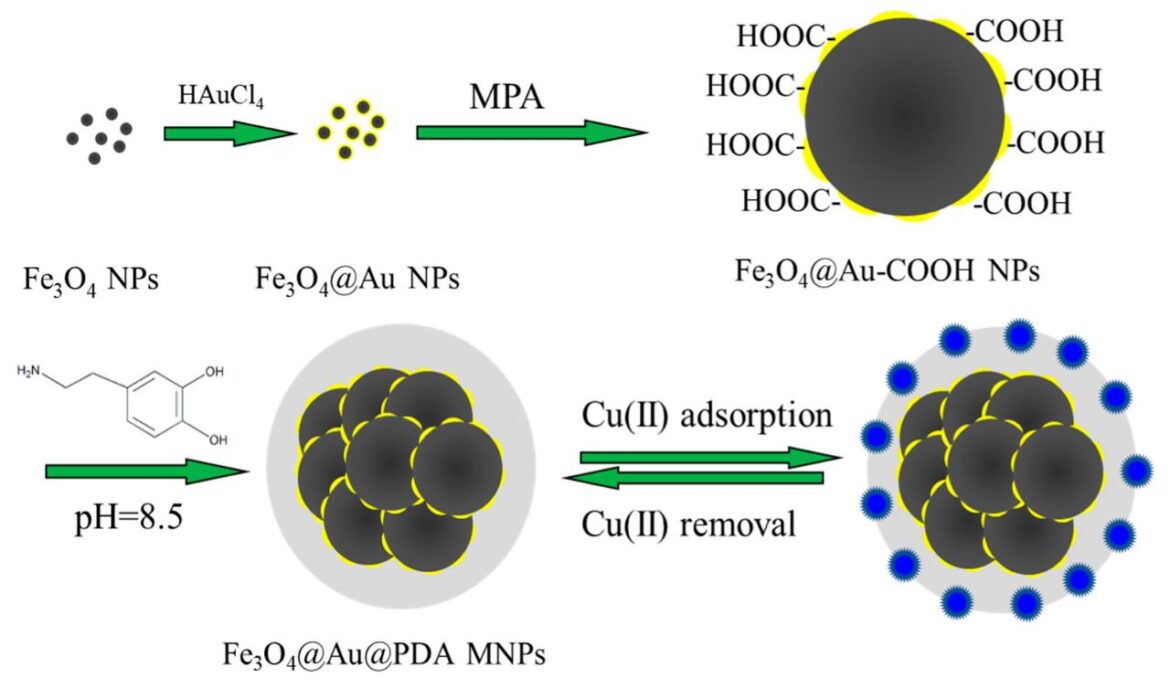

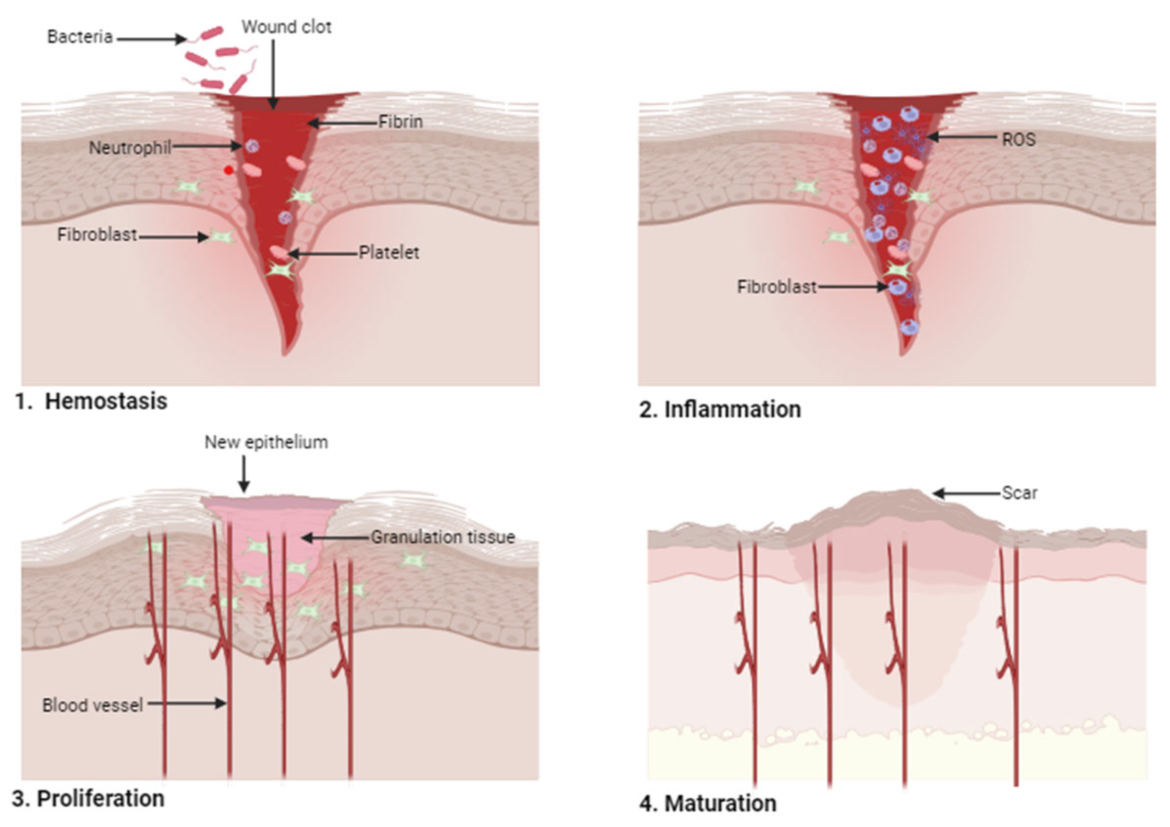
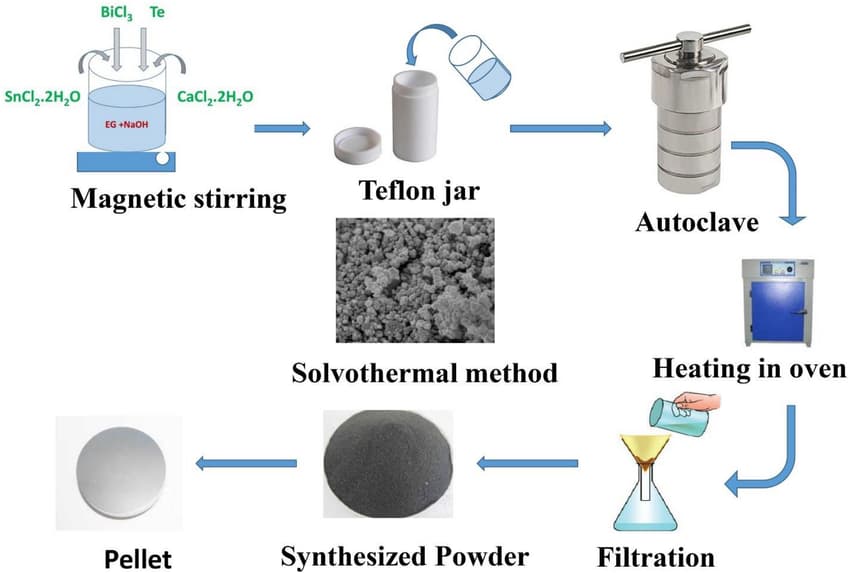
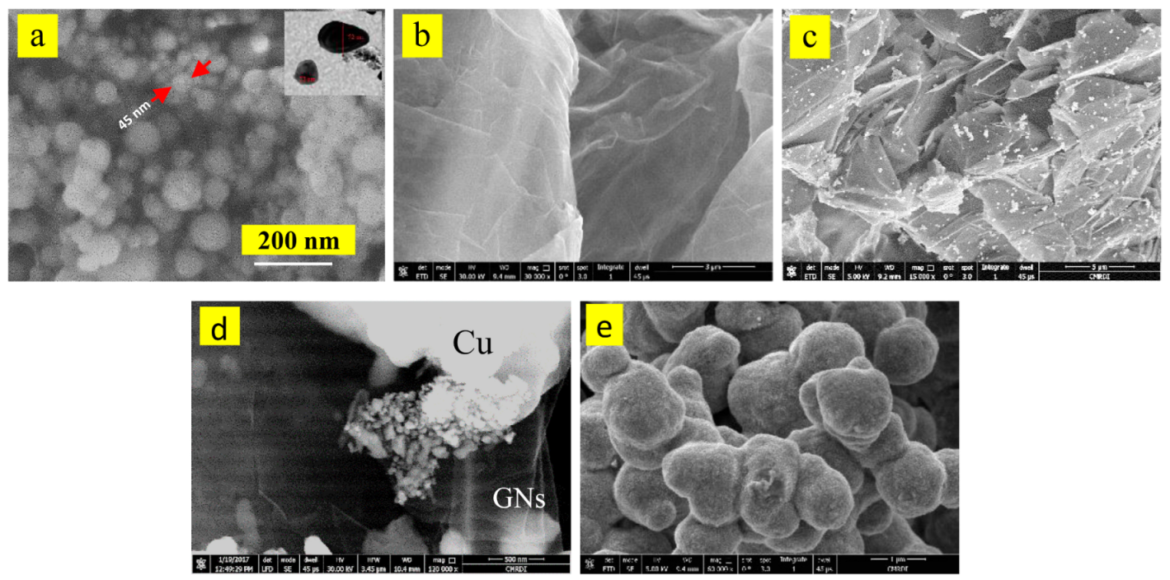
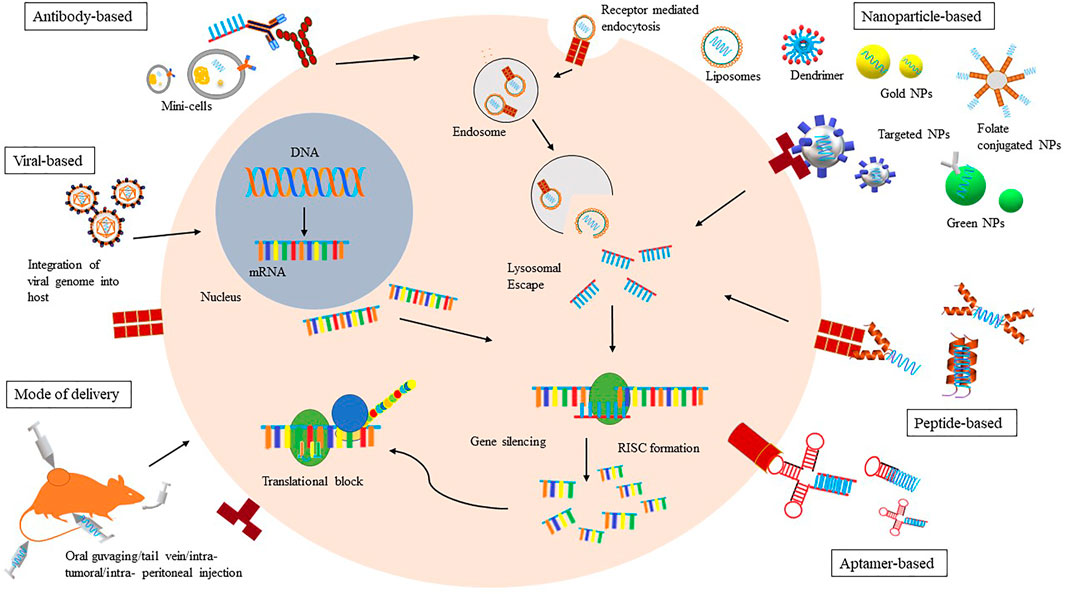
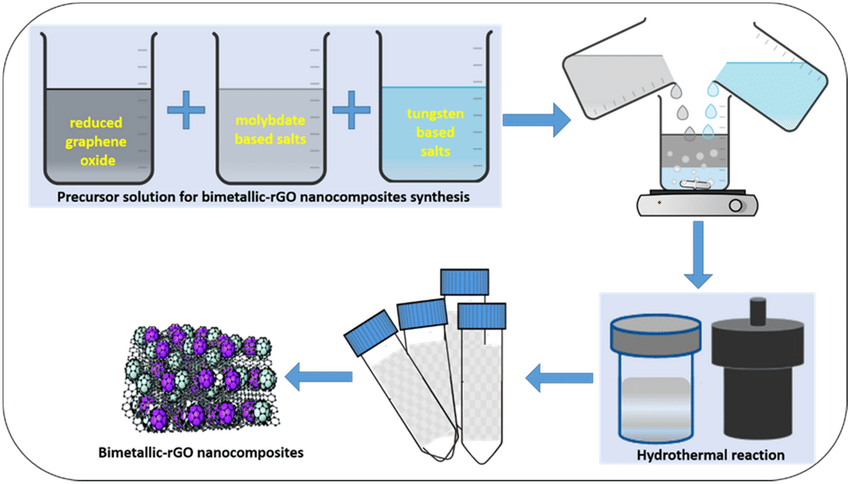
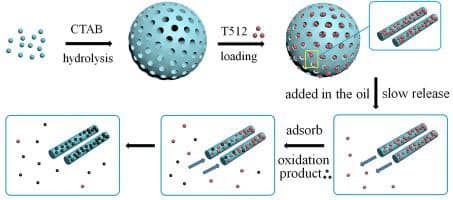
Your comment submitted.